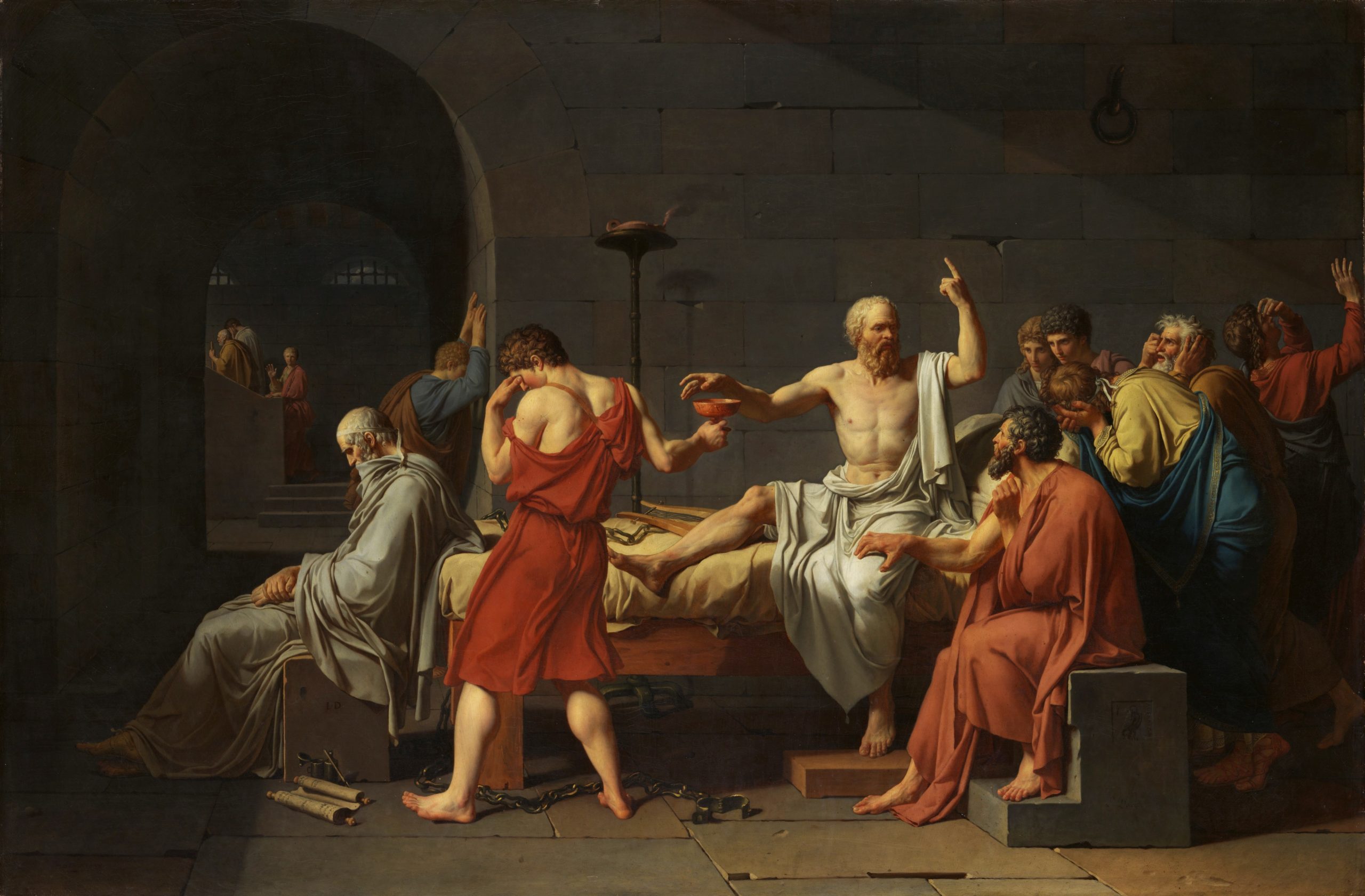Is it moral to have a child to give meaning to your life?
Thank you, Daniele Grosso, for such a heavy question. The answer to this question partly depends on what we mean by “meaning” and whether the pursuit of meaning is a morally permissible motivation to have a child. Perhaps we mean something like “life satisfaction”, which is (roughly) an overall evaluation of the quality of our […]
Is it moral to have a child to give meaning to your life? Read More





